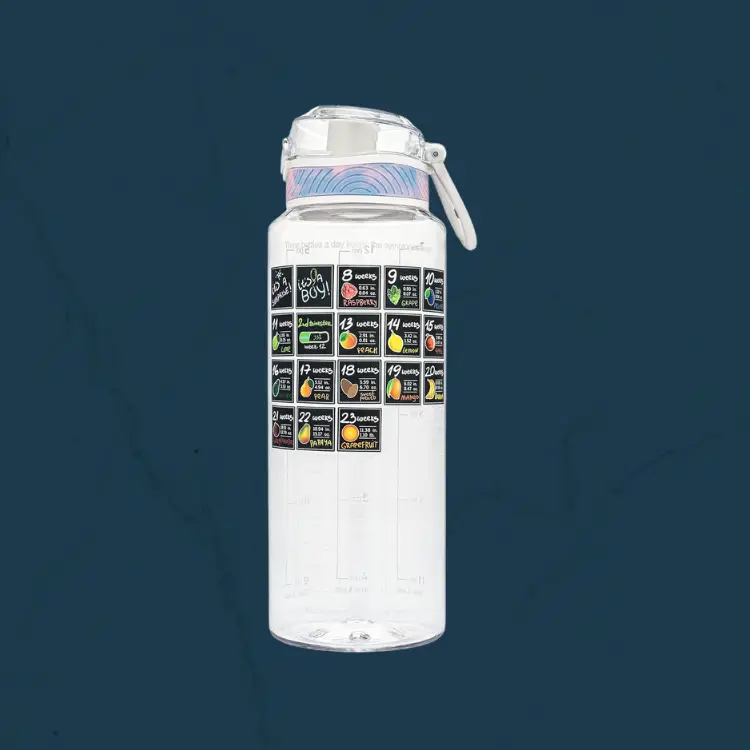Do you have a worn-out twenty-dollar bill you deem unusable and are contemplating setting it ablaze? Many Americans have harbored that thought. Like them, you’ll probably go to Google’s search bar and type in “Is it illegal to burn money?” And the answer will be clear – burning U.S. currency is unlawful.
Why Is It Illegal to Burn Money or Melt Coins?
The U.S. law is against you torching banknotes or melting coins because it limits the currency in circulation, causing deflation. Yes, it might seem pretty convenient at first since the price of various goods and services will fall, but economic growth will be slower in the long run. This will affect multiple aspects of the economy, including the labor market and the nation’s standards of living.
Also, burning money in the United States is illegal because, with a fall in the amount of cash circulating, the Federal Reserve System is forced to mint more banknotes and coins to replace the destroyed money, as it’s the most effective strategy to stabilize the economy.
As expected, the process requires specialized equipment, human labor, and precious metals, which cost money and can cause the government to incur huge losses.
Another point to stop you from burning money, no matter its condition, is you’re reducing your own bank balance. And in a world where everyone’s racing to amass more wealth to keep up with the historically high cost of living, it’s not a great idea – the cash you want to set alight might come in handy sooner than you think.
Prohibited Actions Regarding the U.S. Money
As you surf the internet to find the most comprehensive answer to your “Is it illegal to burn money?” question, learn more about the dos and don’ts of using U.S. currency. Here are a few things you should note, besides that torching cash is prohibited in the United States.
For starters, you’re not allowed to do anything that damages currency. So, if you’re considering defacing, cutting, altering, or lightening your cash, it’s a big no-no!
In addition, faking or falsifying money is against the law and can attract severe punishment. This deters fraudsters from using the currency for criminal activities.
What Does the Law Say About Burning Money?
According to the U.S. Code Title 18, Section 333, which was enacted in 1948, burning money is a crime as it makes it “unfit to be reissued” If you’re caught destroying money by fire, you could be jailed for at most six months, or be forced to pay a fine or do both, depending on what the judge sees fit.
To avoid such unpleasant consequences, refrain from burning money, whether you’re just among the one in a million with so much of it that you have some to ignite for fun or it’s damaged. In the latter’s case, head to the U.S. Bureau of Engraving and Printing for an exchange.
What Does the Law Say About Mutilating Coins?
The U.S. Code Title 18, Section 331 forbids you from mutilating coins in circulation, regardless of if they were minted in the nation or other parts of the world. You’re also prohibited from possessing, passing, or selling a coin in such a condition. Should you violate this law, you could be imprisoned for up to five years or fined.
This law also comes with another section declaring it unlawful to debase coins struck at The U.S. Mint. You shouldn’t reduce their metal proportion through trimming or any other way, as it minimizes their value. Doing so attracts a hefty fine or a jail term of up to 10 years.
What Is the Punishment for Burning the U.S. Money?
The U.S. law clearly states you could be jailed or fined for burning money or whittling away coins. However, don’t lose sleep over it – it’s unlikely you’ll be penalized for doing it. Practically, your chances of getting caught in the first place are pretty slim unless you set your stash ablaze in public for the world to see.
Still, the fact that punishment is rare for money burners shouldn’t encourage you to torch cash whenever you want (unless you’re John Wick). If you have lots of it and need to learn how to spend it, try saving it or funding charitable activities.
Conclusion
Hopefully, you have a detailed answer to the “Is it illegal to burn money?” query boggling your mind. It’s a crime that could land you in trouble with the authorities, but in some instances, you can find your way out of it by providing a compelling reason, such as an accident.
Elisha Philip











